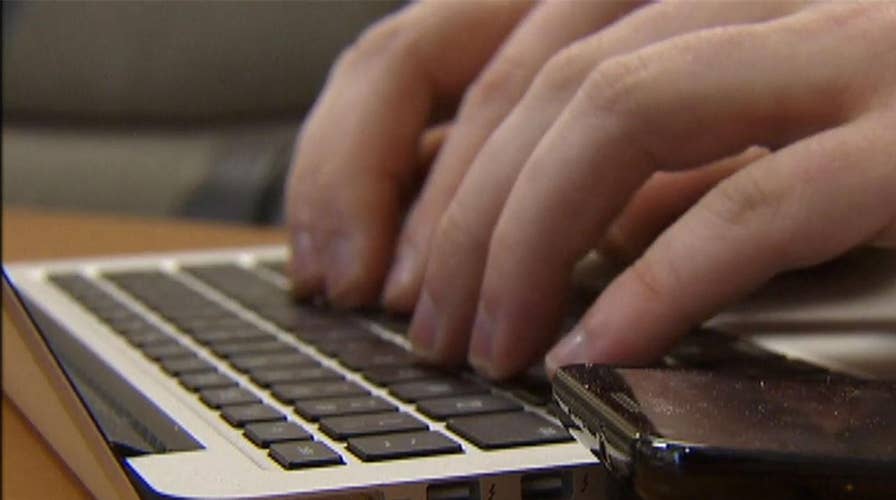Get ready to say goodbye to your clunky passwords
The World Wide Web Consortium, the organization that creates internet standards, has approved a new protocol called web authentication.
Let's face it: we all hate those clunky passwords forced on us at work, home, and online. And most of us tend to forget a lot of them, especially with auto-save features so prominent on so many platforms. But now there's good news for forgetful web surfers in the form a new standard that could do away with your old passwords.
The World Wide Web Consortium is the organization that creates internet standards and arbitrates major disputes. They've approved a new protocol called "web authentication" which could soon replace traditional passwords online with things like USB keys, smart devices, or biometrics - like face I.D. or fingerprints. The Consortium says passwords that are stolen, weak, or left as "default" are to blame for 81% of data breaches, and they say it's time for that to change. So they partnered with the FIDO Alliance, a group aiming to create universal standards for stronger online authentication. Now, if a site supports the new "web authentication," you can get in using USB or biometric confirmation, with no need to type in a password, giving us a good look at what a password-free world will eventually look like.
A number of big companies are already joining up to create new password-free authentication protocols - led by Silicon Valley. In fact, Google has already replaced most of their password-driven security with a set of physical security keys to access computers, and it's paying off in a big way, eliminating breaches throughout the company. And experts say the technology has the potential to go even farther, with a set of standards possibly spurring innovation and lowering the cost of the devices to access sites without passwords. "Web authentication" is already enabled system-wide on Chrome OS and Windows 10, and on the most commonly-used web browsers, like FireFox, Chrime, and Safari. So if you've been wanting to ditch your passwords - now's your chance!

